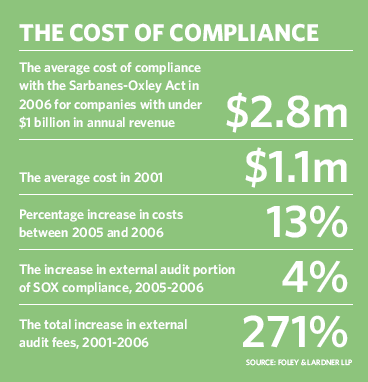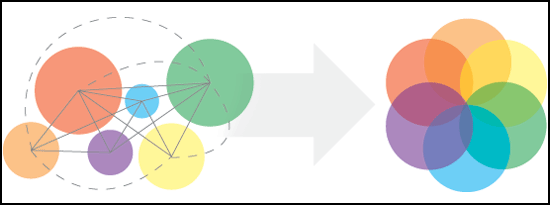The long-run goal of the IFRS is to standardize accounting practice across the countries of the world. According to IFRS
, their objective is "to develop a single set of high quality, understandable,
enforceable and globally accepted financial reporting
standards based upon clearly articulated principles" (IFRS, 2015). This is based on the one-size fits all principle and rigidity that standardization of accounting practice embodies. Harmonization on the other hand, seeks to set limits on how large the accounting practices between countries may vary in order to accommodate the national influences that shape each nations accounting process.
Harmonization of accounting standards may support a reduction in information asymmetry that international investors typically face, better analyst forecast and coverage (
Pae et al 2007), an increase in capital flows, global comparability of financial statements and improved transparency leading to reduced cost of capital globally (Barth et al 2009). However, this does not come without huge implementation costs, rent extraction activities (Hope et al 2006) and loss of diversity in domestic accounting shaped by value dimensions.
The interrelation of the four value dimensions, shapes the differences in culture, religion, business ownership and
financing systems that influence the information needs of investors in countries and hence the differences in accounting practices adopted (Deegan, 2000). The four value dimensions considered are power distance (equality
vs inequality), gender equality
(masculinity
vs feminity), uncertainty avoidance (risk adverse or risk loving) and social integration (individuality
vs collectivism) (Hosfsede, 1983). This was adopted into accounting research by Gray (1988) into four similar value system's professionalism versus statutory control, uniformity versus flexibility, conservatism versus optimism and secrecy versus transparency. The value dimensions are particularly effective in highlighting why certain accounting methods would be chosen over others in different countries (Ball and Brown, 1968)

These value dimensions translate into barriers to harmonization. A main barrier to harmonization of accounting standards are the differences in the taxation system between Anglo-American nations and Continental Europe nations, for example, in Germany companies are influenced by the principle of Massgeblichkeit which dictates that taxable income is the main purpose of accounting, meanwhile the United States and the UK have no similar principle this leads to significant differences in accounting for profits (Nobes, 2006). Another main barrier is differences in the political and legal system, countries can be categorized into Roman law countries and Common law countries. Roman law countries (Germany, France)
are dominated by accounting practices based on government-run accounting regulations and codified laws while, common law countries (US, UK) emphasize the concepts of "reasonable man" and "true and fair value" with limited amount of government control (Pagell, 1994). Furthermore, differences in economic system affect the possibility of true harmonization
, for example the US reporting entities usually become public traded companies in order to raise capital, whereas German entities, mostly derive funding from banks, family and government, as a result accounting information tends to be of a nature to protect the interest of creditors and differs from US accounting information which tends to protect the interest of institutional and individual investors (Deegan, 2000).

Unlinked to value dimensions, but equally important are the varying implementation and enforcement of the standards that occur across countries that adopt IFRS. The IASB is a standard setter and does not have an enforcement mechanism for its standards. This leads to developing countries such as Nigeria with lax accounting, low liquidity, insider dealings and share price manipulation (Pagell, 1994) adopting IFRS, in name, due to the reputation attached to IFRS while failing to fully implement the standards. This leads to countries with developed accounting standards such as the US GAAP questioning the value of global standardization, such doubts
are further compounded by the uncertainty of IASB's future financial stability.
IFRS must first adopt the appearance of harmonization before the transition to reach global standardization of accounting practices
.The possibility of international harmonization is constrained on the standards set being flexible and
favorable to those regulated, however this reduces the
possiblity of realizing the benefits of
harmanization. For
example, IFRS 7 designed to improve the transparency of off balance sheet
securitisations and similar transfer transaction (IFRS, 2015) has proved to be quite lax in enhancing comparability between firms that employ window dressing and offsetting of derivative contract tactics to those that do not. Given the highly political nature of IFRS and the private economic interest of western countries in play, adopters should be skeptical about the promises of high quality standards under the IFRS conceptual framework.







